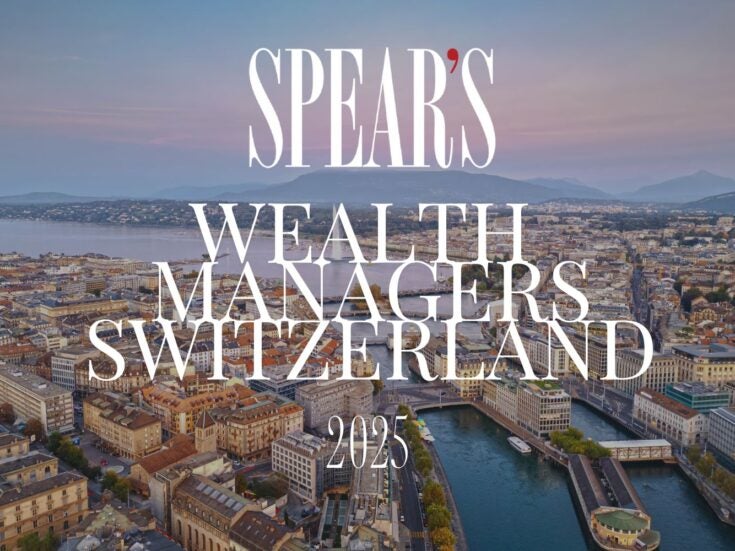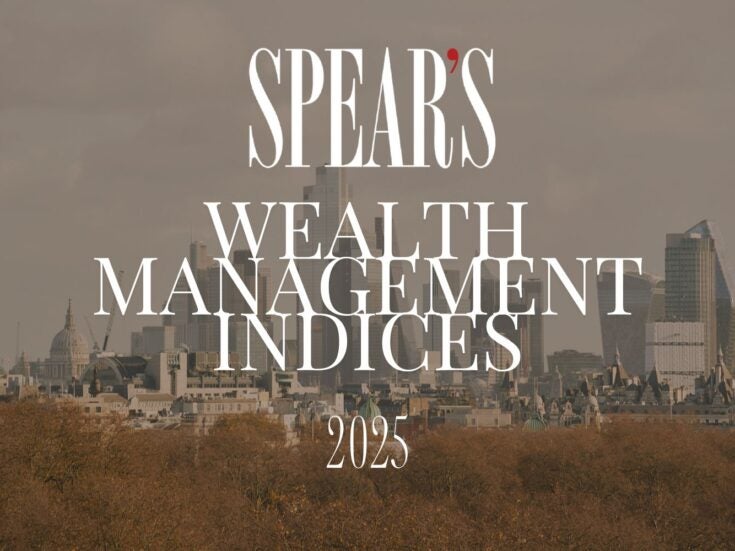
Matthew Lynn imagines Europe after the euro — catastrophe followed by gradual rebuilding, a permanently altered business and political landscape, and lots of foreign change jingling in travellers’ pockets
SUMMER 2013. YOU’RE standing at St Pancras waiting for your Eurostar to depart. You’re on a business trip, going to Brussels, then on to Frankfurt, down to Milan, and back via Paris. After sipping a glass of champagne at the station’s Grand Bar — ridiculously cheap after the currency of its maker collapsed in value — you wander down to the newly refurbished bureau de change to swap a few hundred pounds into new deutschmarks, new lira, new francs, as well as a few euros, a currency which now only circulates in Belgium. National currencies, which everyone assumed had been abolished for ever across Europe when the euro was launched at the start of the last decade, are back.
Far-fetched? Perhaps. As recently as a year ago, most bankers and investors would have dismissed the idea of the euro collapsing as a fantasy, a fringe view restricted to a few die-hard Eurosceptics. Now, however, it is on the agenda of every financial institution and global corporation. After Greece was forced into a financial bail-out, followed by Ireland and then Portugal, and with Italy, Spain and even France caught up in the firestorm raging through the markets, very few people can be completely confident the euro will make it through its second decade intact.

Step back for a moment, though, and ignore the ‘whether’ question. None of us really know whether the eurozone’s leaders will find some way of pulling through this crisis and steadying the currency or not. But if they can’t — and there isn’t much sign of it so far — then what would Europe look like after the euro has gone? What would it mean for the economy of the continent? How would investors respond? What would it mean for companies and the single market?
In the short term, it would be catastrophic. In the medium term, however, Europe would bounce back. It would, though, have a very different political and economic makeup.
‘It is January 2012,’ started a research report by the ING economist Mark Cliffe looking forward to a possible collapse of the currency. ‘Europe is in the grip of a cold harsh winter. The continent has suffered a financial catastrophe, far outstripping the collapse of Lehman Brothers four years earlier. Amid chaos in the financial markets the euro has broken apart.’
Right across the continent, output drops by 5–9 per cent in Cliffe’s scenario. Germany collapses into recession as the new deutschmark soars. The dollar rises as investors flee for safety, depressing the American economy. Everywhere, banks teeter on the edge of collapse as the losses on their euro-area sovereign bonds mount up, but governments themselves are so close to bankruptcy they find it hard, if not impossible, to rescue them without destroying their own finances.

It is a terrifying prospect, but almost certainly correct. Divorce lawyers like to point out that it is better if marriages break up amicably, with goodwill on all sides. In real life it doesn’t usually happen like that, and monetary unions are no different from marital ones in that respect. If the single currency does split, then it will be messy, chaotic and expensive. There will be lots of shouting and crockery thrown around. As Cliffe argues, the global economy will take a blow next to which the credit crunch will look like a minor hiccup.
BUT ECONOMIES ARE resilient. The more interesting question is how Europe will look after the dust has settled, the banks have been bailed out and the national currencies have been re-established. Europe will have changed permanently. ‘The break-up of the euro would completely discredit the idea of ever-closer union,’ said Mats Persson, director of Open Europe, a London-based think-tank. ‘Although we would argue that is largely discredited anyway.’
Indeed so. For 50 years, Europe has moved steadily towards greater co-operation. Progress hasn’t always been as fast as its more enthusiastic proponents would like. But there have been no real reversals. ‘Ever-closer union was not just in the Treaty of Rome, it was part of the philosophy of the monetary union,’ said John Laughland, director of studies at the Paris-based think-tank the Institute of Democracy and Co-operation. ‘The whole process was based on the idea that economies, like nations, would gradually converge. Merkel has said that to save the EU they must save the euro, and of course she is absolutely right. It would deal a terrible blow to the ideology of closer union.’
True enough. If the euro fell apart, the momentum behind everything the EU does would be stopped. Nobody would put forward any more ideas for bringing nations together. In fact, power might even start to flow back towards nation states, and even to cities and regions. ‘Europe would carry on existing, trading, and so on,’ said Persson. ‘There would be huge economic and political costs. But Europe would carry on.’
It certainly would. The euro has turned into a dysfunctional monetary system, holding back half the continent and creating unbalanced, export-orientated growth in Germany. History shows that when you get rid of a monetary regime that doesn’t work you recover fairly quickly. When Britain came off the gold standard in 1931, the economy grew quickly for the rest of the decade. After the European Monetary System, the forerunner of the euro, collapsed in the early Nineties, most of the European countries grew strongly in the years that followed.
GREECE, IRELAND AND PORTUGAL are all trapped in terrible recessions. The Greek economy has shrunk by 16 per cent in the past three years, a slump not seen anywhere in the developed world since the 1930s. With their own currencies and devalued exchange rates they could start to grow again. Italy hasn’t grown for a decade, but before it joined the euro it had a successful economy. It, too, could start to expand.
But Europe would become a tougher place for companies and investors. ‘There is a risk that the break-up of the euro would blow apart the single market,’ warns Laughland. With the euro gone and national currencies back in their place, countries would feel emboldened to opt out of any European project they didn’t like. If you can get rid of the single currency, why not get rid of foreign competitors to your national giants as well? Why not protect your own industries? Brussels wouldn’t have much authority left.
And, of course, creating a single currency was always an integral part of completing the single market. With national currencies jumping around wildly against one another, trade across borders would slow down. There would be less competition, and less movement of people and capital. That could only make the economy less efficient.
One thing is clear. For the 61 years since the Schuman Declaration, which created the precursor to the EU, the European Coal and Steel Community, Europe has been gradually centralising power in Brussels. We may be about to see that change decisively — with consequences that most experts and analysts are just beginning to calculate.
Illustration by Phil Wong







